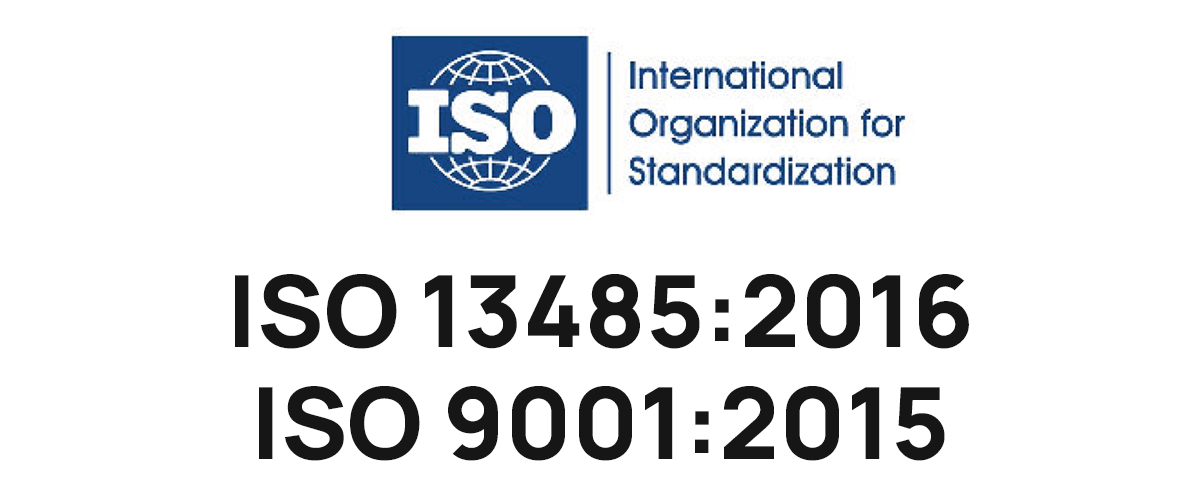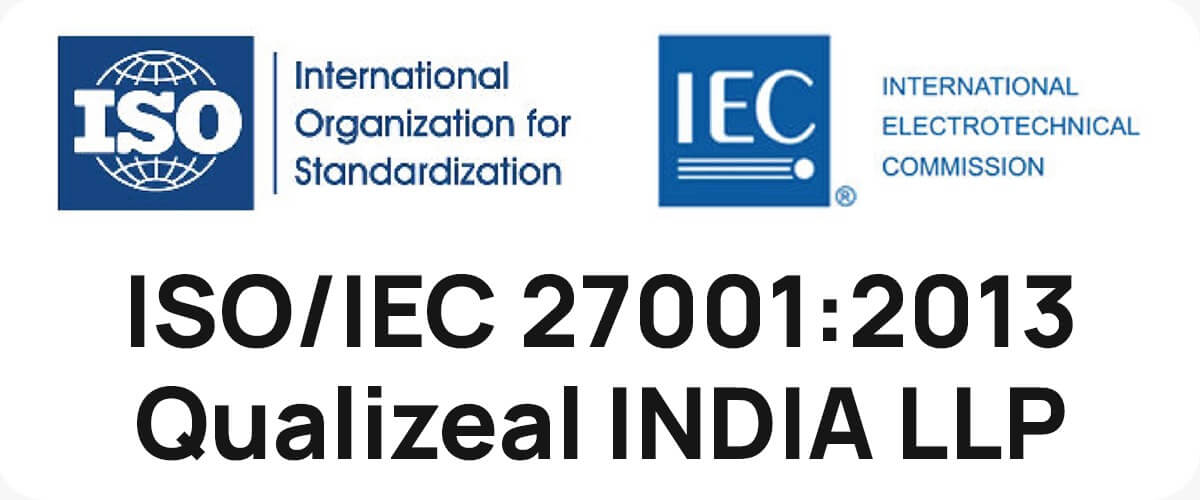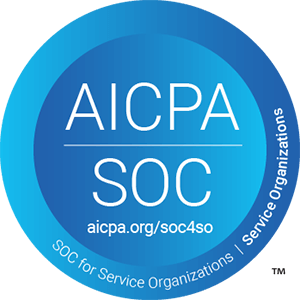In the wake the increasing complexity of software applications there is a need for robust testing. Artificial Intelligence is an essential component of software development and also encompasses email marketing, sales, operations, and finance. AI is impactful at every stage of the software development process from planning, coding, designing, and testing. AI-testing helps analyse vast amounts of data for smart code completion, code generation, and bug detection. AI testing automates repetitive tasks, streamlines quality assurance processes, and accurately shares results.
AI testing tools combine the intelligence of machine learning, functional testing, and integration with diverse tools to automate multiple aspects of software testing.
Here are the top 10 AI testing tools that are transforming quality assurance in 2024.

Testim
Testim is an advanced test automation platform designed to streamline the process of software testing. Utilizing machine learning, Testim enhances test creation and maintenance by automatically adapting to changes in the application.
AI capabilities: Its key capabilities include smart locators, which improve the stability of tests, and a user-friendly interface that simplifies the test design process. Testim also supports both web and mobile applications, enabling teams to manage and execute tests efficiently.
Benefits: The platform’s visual editor and automated test management reduce manual effort and increase test reliability. By accelerating test cycles and providing actionable insights, Testim helps teams deliver high-quality software faster.

Applitools Eyes
Applitools Eyes is a leading visual testing and monitoring tool designed to ensure the quality of user interfaces. Leveraging advanced AI and machine learning, it detects visual bugs and inconsistencies across various devices and screen sizes.
AI capabilities: Applitools Eyes offers capabilities like automated visual comparisons, cross-browser testing, and integration with popular CI/CD pipelines. Its visual AI technology identifies subtle issues that traditional testing methods might miss.
Benefits: Include improved test coverage, faster release cycles, and enhanced user experience by catching visual defects early. This makes it an essential tool for modern development teams aiming for flawless, user-friendly applications.

Functionize
Functionize is a powerful AI-driven test automation platform designed to streamline and enhance the software testing process. It leverages machine learning to create and manage automated tests, adapt to application changes dynamically, and ensure comprehensive coverage across various platforms. By reducing the need for extensive manual testing, Functionize accelerates development cycles and improves software quality.
AI capabilities: Its capabilities include intuitive test creation, real-time analytics, and seamless integration with CI/CD pipelines.
Benefits: The platform’s adaptive testing approach minimizes maintenance efforts and maximizes test accuracy, making it an invaluable tool for development teams seeking efficiency and reliability in their testing workflows.

Katalon Studio
Katalon Studio is a comprehensive QA testing tool that provides both codeless and script-based test creation features. It is designed to simplify the testing process, even for users with limited coding skills. Katalon Studio helps manage and maintain automated test scripts effectively.
AI capabilities: Katalon Studio integrates AI-powered visual testing to enhance UI/UX testing and reduce false positives. It also supports regression testing and provides tools for managing visual and functional tests.
Benefits: The platform integrates well with existing tools and workflows, fostering cross-collaboration between teams. It helps deliver software updates efficiently and provides thorough testing reports. Katalon Studio’s minimal need for custom coding ensures consistent application performance and reduces manual testing efforts.

Mabl
Mabl is an intelligent test automation platform designed to make software testing easier and more effective. It uses AI to create and run tests, allowing teams to catch bugs early and ensure their applications work smoothly.
AI capabilities: Mabl automatically updates tests when your app changes, reducing maintenance work. It integrates with popular tools like Slack and Jira, helping teams stay organized and efficient. Mabl leverages AI to create intelligent test scripts and manage test data.
Benefits: By automating repetitive testing tasks, Mabl saves time and helps developers focus on improving features rather than fixing issues. Mabl streamlines the testing process, making it faster and more reliable.

Sealights
Sealights is a powerful testing platform that enhances software quality by providing comprehensive test coverage and actionable insights. It helps teams identify and prioritize untested code, ensuring that all parts of an application are thoroughly checked.
AI capabilities: Sealights tracks test results and code changes, enabling faster detection of issues and more efficient debugging.
Benefits: With its ability to integrate seamlessly with various development tools, Sealights supports continuous integration and delivery, improving overall workflow. By offering detailed analytics and visibility into test coverage gaps, Sealights helps teams deliver reliable software faster and with greater confidence

TestCraft
TestCraft is a test automation platform designed for ease of use with minimal coding skills. It is a robust Selenium-based tool that helps reduce manual test maintenance costs through its nearly codeless approach. TestCraft supports collaboration and remote work effectively.
AI capabilities: TestCraft leverages codeless AI/ML technology to save time and effort in test creation. It ensures high test accuracy and comprehensive coverage even in critical scenarios, integrating smoothly with major automation frameworks.
Benefits: TestCraft optimizes testing workflows, enhances usability, and boosts productivity. The minimal need for custom coding leads to consistent application performance and streamlined testing processes.

Appvance IQ
Appvance IQ is a comprehensive AI-driven testing platform designed to streamline and enhance the software testing process. It features advanced test automation capabilities, leveraging artificial intelligence to create, maintain, and execute test cases with minimal human intervention.
AI capabilities: Key features include rapid test generation, reduced maintenance efforts, and increased test coverage. The platform supports various applications, including web and mobile, and integrates seamlessly with existing CI/CD pipelines.
Benefits: Its ability to autonomously adapt to application changes ensures that tests remain relevant, ultimately accelerating time-to-market and improving software quality. Appvance IQ’s efficiency and precision make it a valuable tool for modern development teams.

Leapwork
Leapwork is an automation platform designed to simplify and streamline complex business processes using a no-code approach. Its visual interface allows users to create and manage automated workflows without needing programming expertise.
AI capabilities: Leapwork features include reduced development time, increased accuracy in repetitive tasks, and enhanced scalability. It supports integration with various applications and systems, facilitating seamless automation across diverse environments.
Benefits: The platform’s built-in analytics and reporting tools offer valuable insights into workflow performance. Its robust error handling and debugging capabilities ensure reliability. Leapwork helps organizations boost efficiency, minimize errors, and drive productivity.

Kobiton
Kobiton is a mobile device testing platform that offers cloud-based access to real devices for thorough testing. It supports both automated and manual testing, provides real-time device access, and integrates with popular CI/CD tools
AI capabilities: Kobiton allows users to perform tests across a wide range of physical devices and operating systems, ensuring comprehensive compatibility and performance testing. Its features include enhanced test accuracy, reduced time-to-market, and improved app quality through real-world device testing.
Benefits: The platform’s intuitive interface and detailed analytics streamline the testing process, helping teams efficiently identify and resolve issues. This results in more reliable mobile applications and a better user experience.

Conclusion
AI testing tools play a crucial role in ensuring the reliability and performance of artificial intelligence systems. By rigorously evaluating algorithms, these tools help identify and rectify issues related to accuracy, bias, and efficiency, thus enhancing the overall quality of AI applications. As AI technology advances, the complexity of testing also increases, necessitating sophisticated tools that can handle diverse scenarios and datasets. Effective AI testing tools not only streamline the development process but also build trust in AI systems by providing transparent, reproducible, and objective evaluations. In an era where AI is becoming integral to various sectors, investing in robust testing tools is essential for fostering innovation while safeguarding against potential risks and ensuring ethical deployment.












